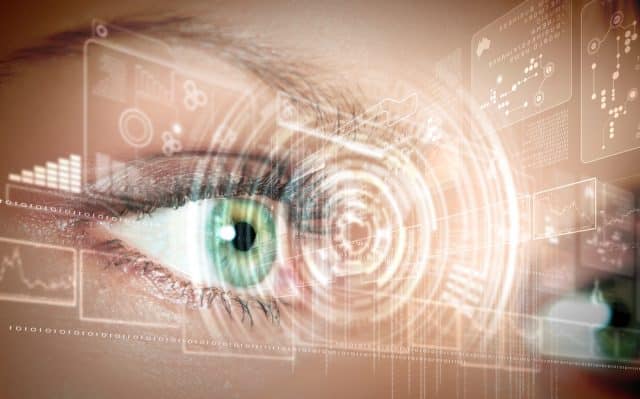Consumer trust in biometrics: Are we there yet?

Advancements in technology have led the digital world and the physical world to collide. Digital authentication and biometrics are a prime example; in many cases they improve the customer experience, enabling features like self-check-in to hotels and streamlined payment processes at retail establishments. But these innovations raise questions about privacy and security, even as conversations around a "passwordless world" heat up.
Incode conducted a global survey of 1,000 consumers, aged 25+, in English speaking countries across North America, the UK, and Asia Pacific regions to gauge their sentiment toward biometrics and digital authentication. Here’s what Incode’s "Consumer Pulse on Trust in Biometrics"survey revealed.
Leading benefits of digital authentication
Respondents agreed that using digital authentication methods improve customer experience; 57 percent of users would be more likely to re-engage with a brand that uses digital authentication methods on their website. Nearly half of respondents (47 percent) cited not having to remember a password as the top benefit of using digital authentication/biometrics. In fact, users cited ‘not having to remember a password’ as having a higher value than other benefits of biometrics, such as online fraud protection (21 percent) or increased online privacy (10 percent). Passwordless enablement also outweighed the other key benefits of biometrics, such as creating a seamless user experience and simplifying log-in and onboarding processes.
While many companies report future plans to phase out the use of passwords, they will need to address what consumers see as the benefits of digital identification and ensure consumers’ concerns about privacy, fraud, speed, safety, and ease-of-use are built into the technology that replaces passwords.
Creating trust in the online world through digital authentication
Despite the benefits, concerns around compromised privacy and risk of fraud remain.
Consumer trust in digital authentication and biometrics is not universal. Today’s consumers are divided -- half of respondents believe digital authentication helps to create trust in the online world (54 percent) while just under half (48 percent) do not believe that digital authentication helps to create trust in the online world. Given the privacy issues and data breaches that compromise online privacy, consumer trust in the online world is not where it should be. In fact, 38 percent of respondents expressed that their main concern with using digital authentication methods was the compromization of privacy.
The survey findings indicate that more consumer trust is needed in products, but past services and products in this category -- such as early iterations of facial recognition technology -- may have created this distrust. Seventy-four percent of survey respondents would be unlikely to use a service that had a poor reputation in the past with regards to protecting users’ privacy. Though, what consumers aren’t realizing is the true value in biometric data being so complicated to replicate. With today’s advanced hacker tactics and threat-focused strategy, consumers’ passwords are easily guessed or decoded. Conversely, it’s much more difficult, nearly impossible, to replicate biometric data, since each person’s information is entirely unique to them. New facial recognition technology that compares your biometric data with just that, your own biometric data, will instill increased trust in consumers, rather than comparing your data with an entire database of stored data from who knows how many random users.
As digital authentication and identification technology advances, companies will be able to offer better, safer services and products that put trust at the core while delivering great user experience, speed, and ease of use. Consumer perception won’t change overnight, but to prove how digital authentication helps to create trust in the online world, providers in the identity verification and authentication space must prioritize users’ data privacy and security, and hold themselves to the highest standard in facial recognition.
Driving consumer adoption
Despite their concerns, consumers do see benefits of digital authentication and biometrics, and would like to see digital authentication methods used more in the following industries:
- Finance (35 percent)
- Retail & eCommerce (34 percent)
- Hospitality (31 percent)
- Travel (30 percent)
- Sports (21 percent)
- Gaming (16 percent)
Given the appetite for increased use of digital authentication and biometrics, businesses in these sectors are in the prime position to build consumer trust. Advanced technology will enable businesses in these sectors to build consumer trust in biometrics and offer more use cases for consumer adoption.
Image credit: SergeyNivens/depositphotos.com
Ricardo Amper is CEO and Founder, Incode. With next-gen, AI/ML-powered solutions and the highest industry standards for facial recognition, Incode is taking the lead in helping companies to provide secure, frictionless, digital authentication that increases consumer digital trust in the online world.